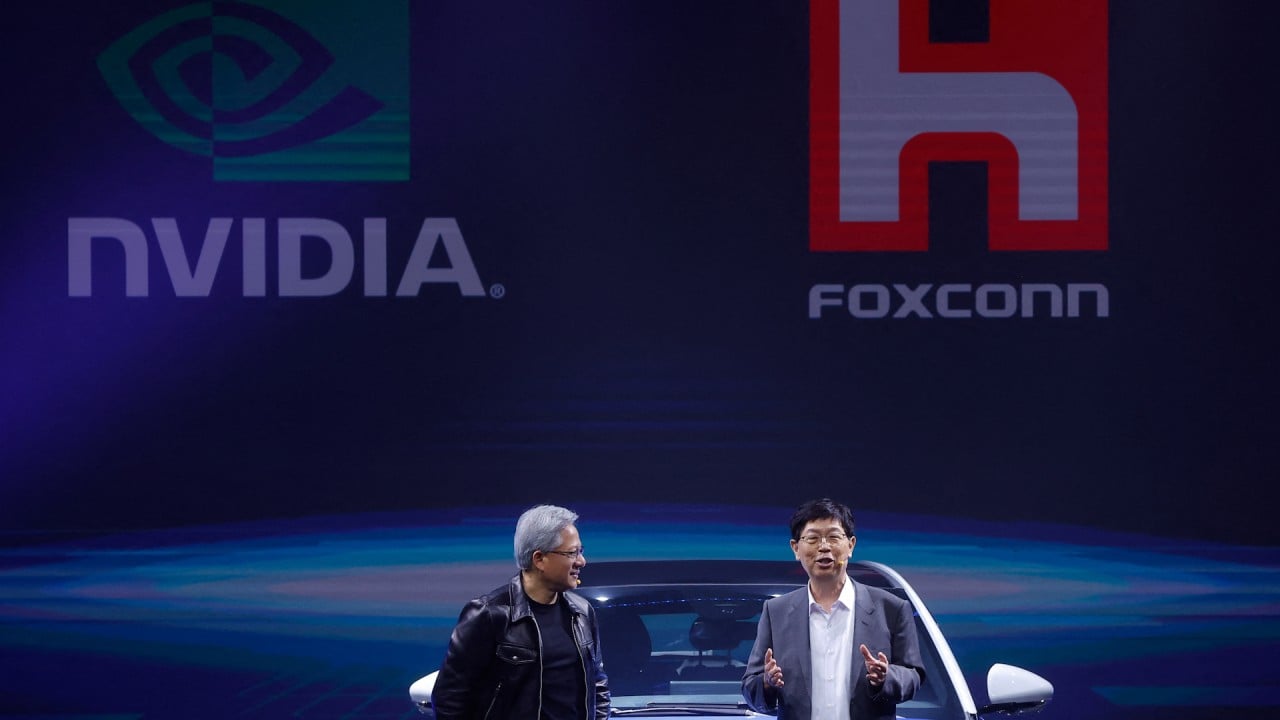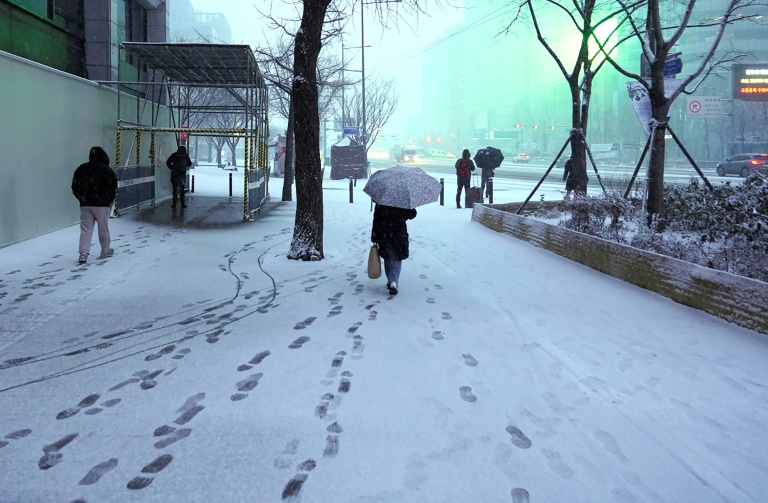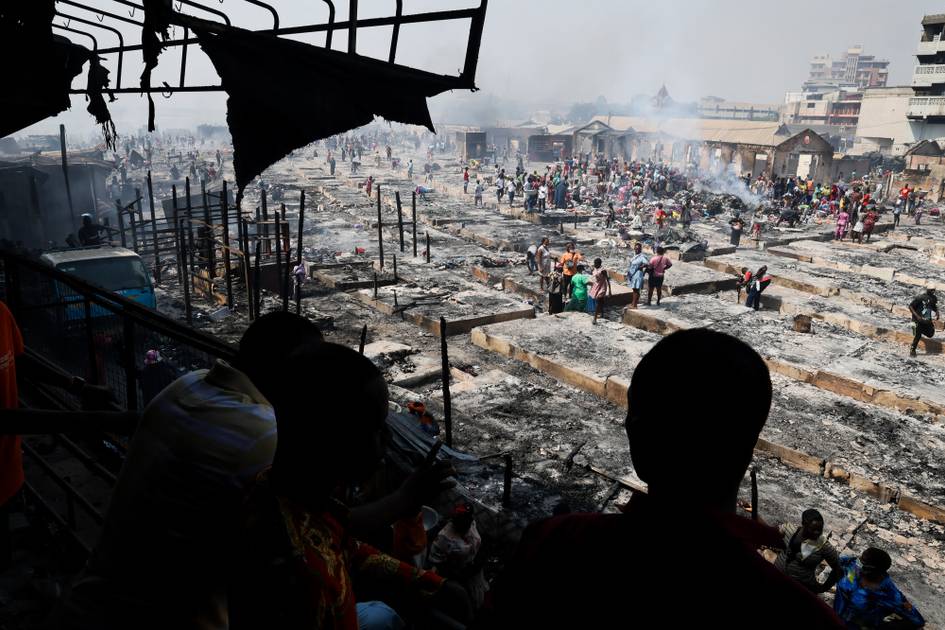Zhu also called for China’s academic institutes to open up to the global community as part of efforts to lead the country’s technological innovation.
He made the remarks on May 11 at a gathering of the CPPCC, which convened more than 100 of its experts to discuss ways to boost the quality of China’s workforce and the nation’s modernisation.
“[We] should revitalise the academic community and intensify efforts to attract international talents,” Zhu was quoted as saying in a report published on Monday by CPPCC Daily, a media outlet for China’s top political advisory body.
“Currently, artificial intelligence is at the forefront of global technological competition and presents both challenges and opportunities for the quality of China’s population, job market, educational reform and technological innovation,” he said, according to the report.
The article did not specify when the AI academies would open.
Zhu said China should ensure foreign AI experts and students receive the same impartial treatment as Chinese nationals if they live and seek employment in China. He also suggested using private foundations to attract global AI talent, according to the report.
Zhu recommended building an “innovation vitality index” and scaling up the teaching of AI already introduced into some Chinese universities, including by integrating AI training with other disciplines for college students, according to the report.
China’s vice-minister of science and technology Long Teng responded in CPPCC Daily that China would promote international talent exchanges in fields including AI, and would create standards to recognise “high-end, cutting-edge and urgently needed” foreign talent.
Long said China had worked to create and carry out policies to promote talent with a focus in key areas such as AI.
The discussion comes as Beijing doubles down its efforts in artificial intelligence in an attempt to build a high-quality talented tech force and spearhead the recovery of its sluggish economy.
The race to build up international talent emerges as AI becomes a frontier in the intensifying US-China competition in science and technology and adds to rivalries over the South China Sea, trade and ideology.
Zhu, who received his degree at Harvard University, was previously an award-winning expert in computer vision at the University of California at Los Angeles. He returned to China and joined Peking University to lead its Institute for Artificial Intelligence from 2020.







